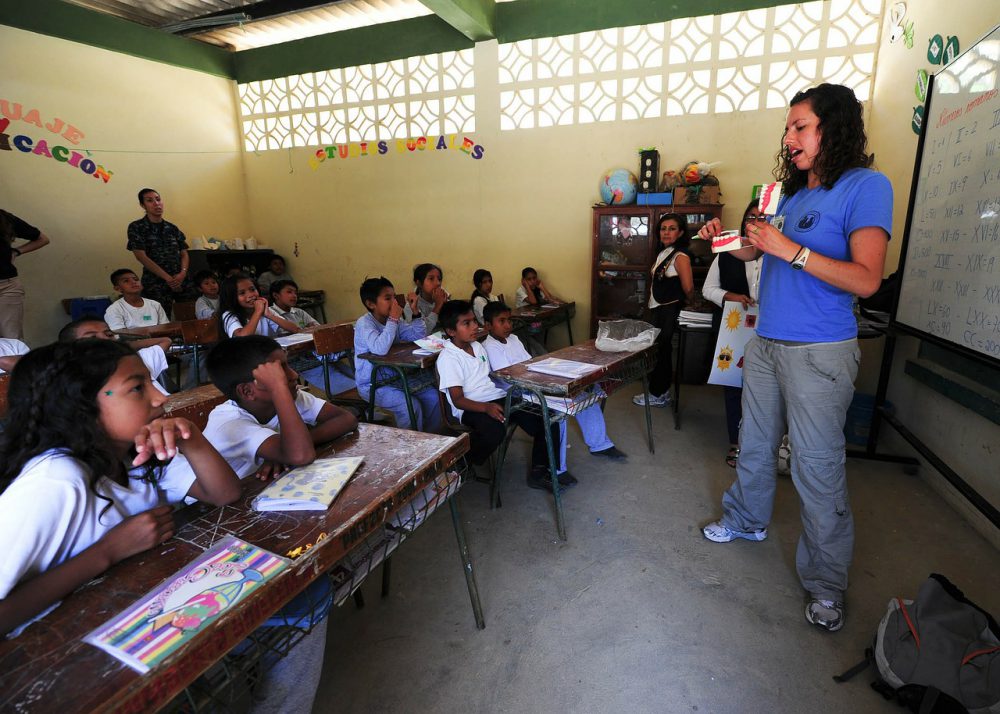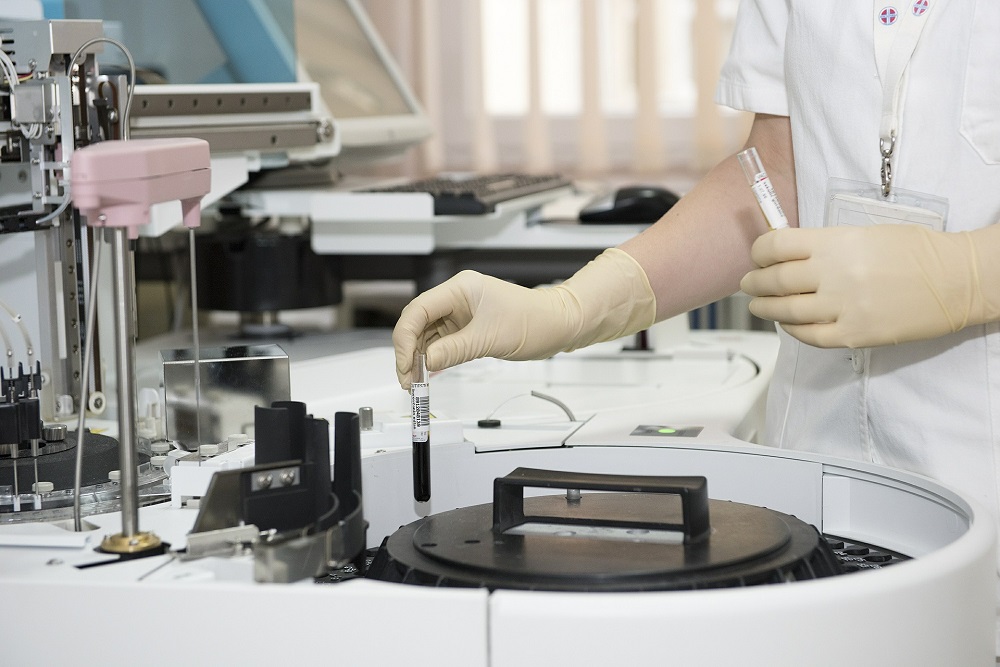Science-based Sustainable Development can be achieved by the contributory efforts of chemistry and other science subjects. A Nobel Prize winner by the name, Jean Marie Lehn once said:
A world without chemistry would be a world without synthetic material as chemistry is behind most of the innovations that have improved our lives.
Science is creative and flexible, able to collaborate with other subjects to achieve Science-based Sustainable Development. The contributory knowledge from chemistry and biology to computing availed the development of vaccines, contraceptives, new crops, drugs, and diagnostic kits.
Science-based Sustainable Development goals
Notwithstanding the present science-based discoveries that are attending to environmental and climate issues, there are yet more solutions to be discovered via the application of related science subjects. Sustainable Development Goals can be achieved by looking deeply into ways science affects development goals.
During a consultation meeting by the Royal Society of Chemistry (RSC) held in June 2018, some areas in which science can build Sustainable Development Goals were analyzed:
Energy: chemistry and other related subjects possess capacities to develop innovative sustainable energy solutions for the climate.
Food: science-based sustainable development can reduce food wastage in the entire food chain. Developing sustainable processing and preservation techniques are some of the ways chemistry and other related subjects can ensure food availability.
Future cities: developing cities are planned and constructed to adapt to the emerging needs of citizens.
Human health: as earlier stated, chemistry and biology combination to computing have produced diverse medical solutions. More applications are yet to be discovered with science.
Raw material and feed-stock: science-based techniques create innovative solutions for the storage and preservation of raw materials and feed-stock.
Water and Air: in the aspect of pollution, science-based Sustainable Development Goals have been achieved. For instance, the development of solar energy, hydro-power, and bio-diesels are all science-based solutions.
Lifestyle and recreation: video games and other recreational activities are all outcomes of collaborative application of and physics to computing.
Needless to say that science-based Sustainable Developments are the way-to-go to attain the United Nations sustainable development goals adequately. Governments have identified with science-based Sustainable Development by bringing scientists into the policy decision-making process. Additionally, collaborations are always encouraged between scientific, public, and private Institutions.
Improvements for science-based sustainable development
Following the recognition of science and related subjects to sustainable development goals, some improvements are encouraged in the study and application of science subjects
Firstly, the approach to teaching science subjects requires modifications. It needs to be redesigned with more practical strategies incorporated in schools.
Secondly, associations or professional boards like the Rwanda Chemical Society need to be formed for chemical sciences.







